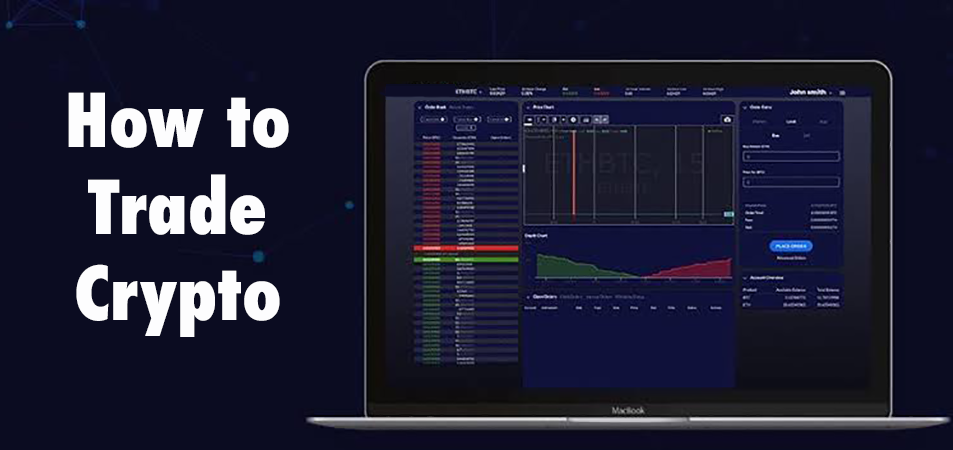Cryptocurrency trading is the act of hypothesizing on cryptocurrency price motions via a CFD trading account, or buying and selling the underlying coins through an exchange. CFDs trading are derivatives, which allow you to hypothesize on cryptocurrency rate motions without taking ownership of the underlying coins. You can go long (' buy') if you think a cryptocurrency will rise in worth, or short (' sell') if you believe it will fall.
Your profit or loss are still computed according to the full size of your position, so utilize will magnify both earnings and losses. When you buy cryptocurrencies through an exchange, you buy the coins themselves. You'll require to produce an exchange account, installed the amount of the asset to open a position, and keep the cryptocurrency tokens in your own wallet up until you're all set to sell.
Many exchanges also have limitations on how much you can transfer, while accounts can be extremely expensive to preserve. Cryptocurrency markets are decentralised, which means they are not provided or backed by a central authority such as a government. Instead, they encounter a network of computers. However, cryptocurrencies can be purchased and sold by means of exchanges and stored in 'wallets'.
 How to Trade Cryptocurrency? A Complete ...truemors.com
How to Trade Cryptocurrency? A Complete ...truemors.com
When a user wants to send cryptocurrency units to another user, they send it to that user's digital wallet. The transaction isn't thought about last until it has actually been confirmed and contributed to the blockchain through a process called mining. This is likewise how brand-new cryptocurrency tokens are generally produced. A blockchain is a shared digital register of tape-recorded data.
To select the finest exchange for your requirements, it is essential to fully comprehend the kinds of exchanges. The very first and most common type of exchange is the central exchange. Popular exchanges that fall into this classification are Coinbase, Binance, Kraken, and Gemini. These exchanges are personal companies that use platforms to trade cryptocurrency.
The exchanges noted above all have active trading, high volumes, and liquidity. That stated, centralized exchanges are not in line with the approach of Bitcoin. They run on their own private servers which develops a vector of attack. If the servers of the company were to be jeopardized, the entire system might be shut down for a long time.
The larger, more popular centralized exchanges are by far the easiest on-ramp for new users and they even offer some level of insurance ought to their systems fail. While this holds true, when cryptocurrency is bought on these exchanges it is kept within their custodial wallets and not in your own wallet that you own the keys to.
Should your computer and your Coinbase account, for example, end up being jeopardized, your funds would be lost and you would not likely have the ability to claim insurance. This is why it is very important to withdraw any large amounts and practice safe storage. Decentralized exchanges operate in the very same manner that Bitcoin does.
Instead, think of it as a server, other than that each computer system within the server is spread out across the world and each computer that makes up one part of that server is controlled by a person. If among these computer systems switches off, it has no result on the network as an entire since there are a lot of other computers that will continue running the network.